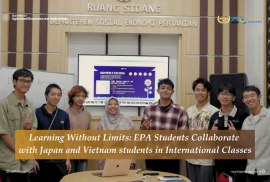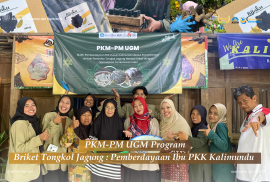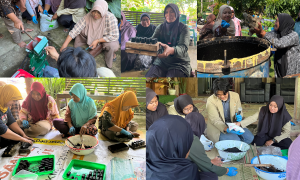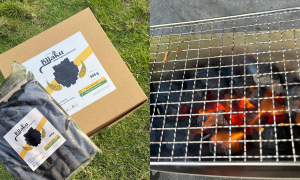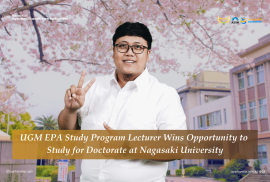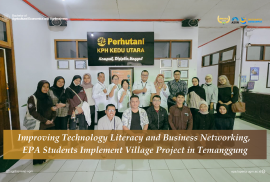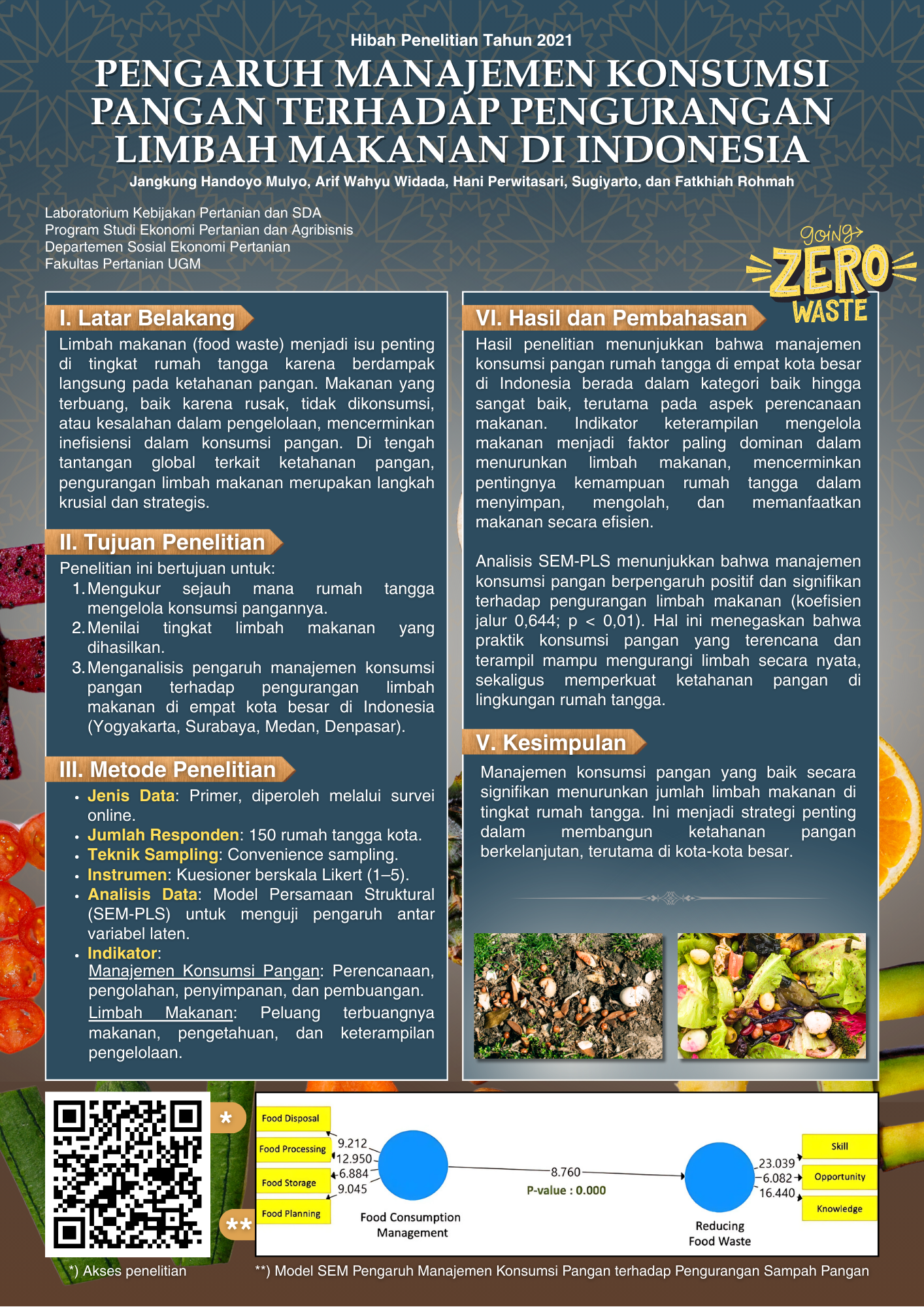Yogyakarta, October 3, 2025 – The Agricultural Economics and Agribusiness (EPA) Study Program, Faculty of Agriculture, Universitas Gadjah Mada, continues to demonstrate its commitment and consistency in organizing international classes as an effort to strengthen student capacity in facing global challenges. This initiative is part of a collaboration with the AIMS Program (Asian-International Mobility for Students), which provides students with opportunities for international exposure through cross-border cooperation.
This semester, EPA students had the opportunity to study alongside international students from Japan and Vietnam in the Agribusiness Management course taught by Hariyani Dwi Anjani, S.P., M.Sc. The international students participating were from Tokyo University of Agriculture and Technology and Ibaraki University (Japan), as well as Thai Nguyen University of Agriculture and Forestry (Vietnam).
The learning process is carried out using the Case-Based Learning (CBL) and Student-Centered Learning (SCL) approaches, which encourage students to discuss, think critically, and analyze real cases actively. The case studies reflect agribusiness management practices in each student’s home country, thus opening up new insights into the dynamics of the agribusiness sector in the Asian region.
Students are divided into multinational groups to facilitate cross-cultural interaction and improve communication, collaboration, and problem-solving skills. Classes are dynamic, rich in the exchange of ideas, and provide valuable insights into agribusiness developments in Indonesia, Japan, and Vietnam.
This activity is in line with the Sustainable Development Goals (SDGs), particularly SDG 4 – Quality Education, by providing an inclusive and globally-oriented international learning experience. SDG 17 – Partnerships for the Goals, through academic collaboration between universities in the Asian region.
In the future, the EPA Study Program hopes that these international classroom activities can continue to be expanded through a broader network of cooperation with partner universities in various countries. In this way, EPA students will not only become graduates who excel in the field of agribusiness but also have a global perspective, be sensitive to sustainability issues, and be ready to contribute to the development of a competitive and sustainable agricultural system.
Author : Aprilia Dwi Hastuti
Admin of the Website for the Agricultural Economics and Agribusiness, Faculty of Agriculture, UGM

